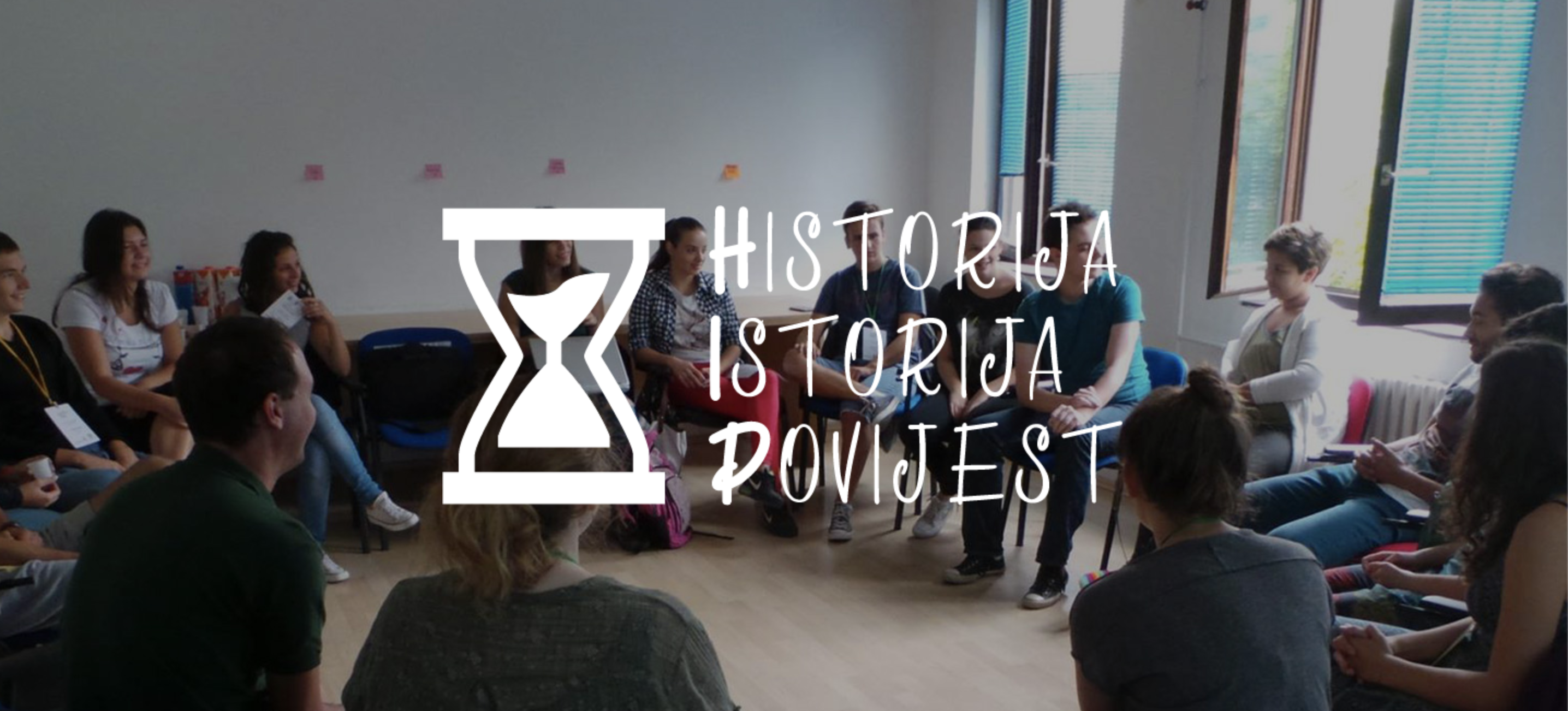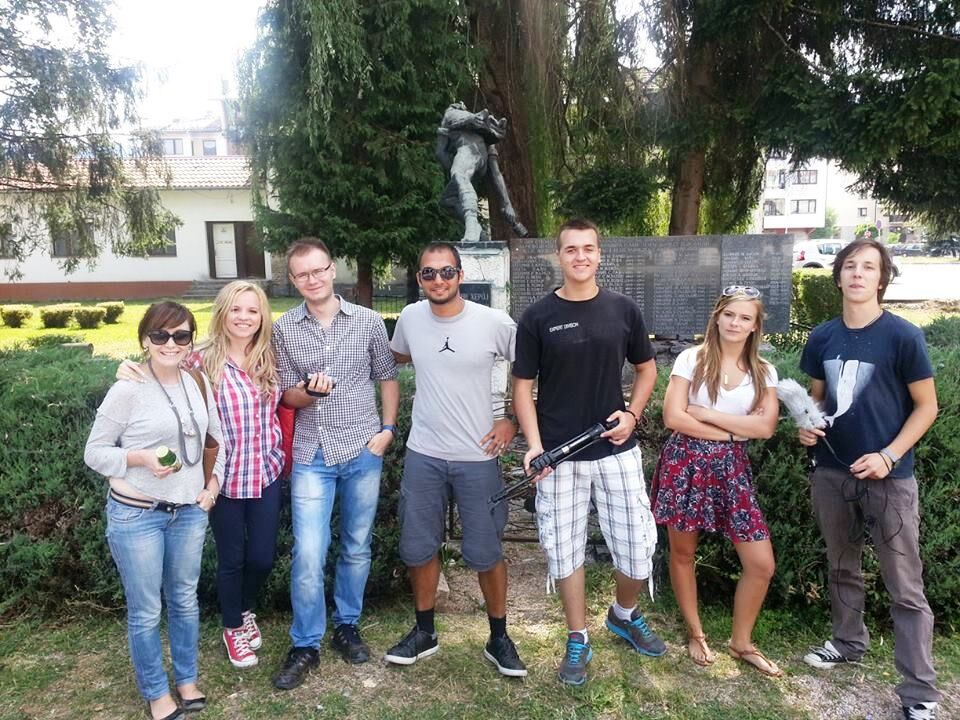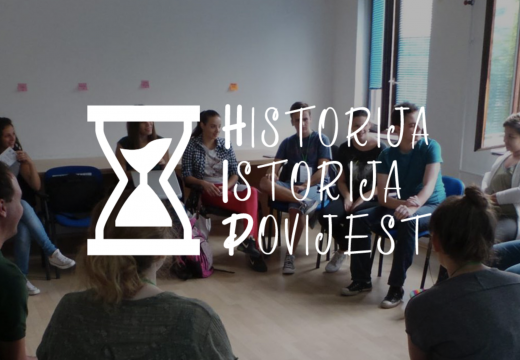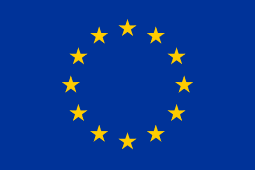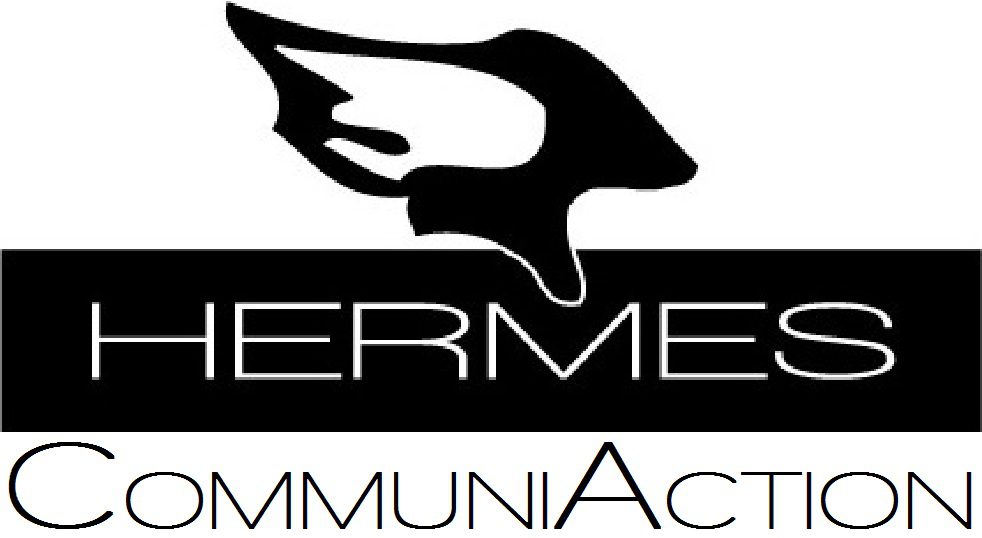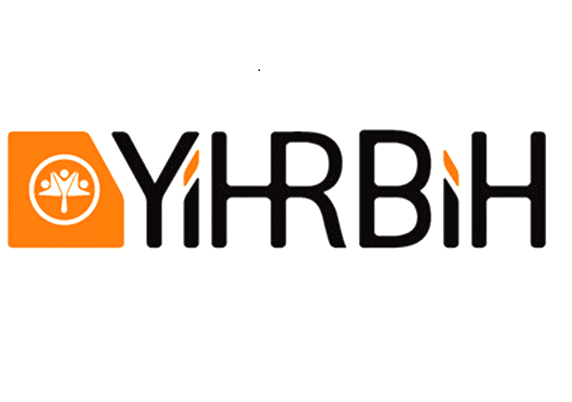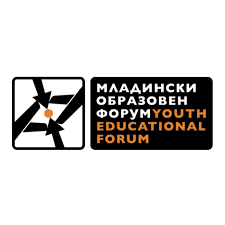The project ‘Historija, Istorija, Povijest – Lessons for Today’ was launched in 2015 by the Anne Frank House, in cooperation with local partner organizations from Croatia, Bosnia-Herzegovina, Serbia and North Macedonia.
This project builds upon the mission of the Anne Frank House, an independent organization that is entrusted with the care of the place where Anne Frank went into hiding during World War II and where she wrote her famous diary. Nowadays, the organization encourages the reflection on dangers of antisemitism, racism and discrimination and the importance of freedom, equal rights and democracy worldwide.
Project goals
- raising awareness and encouraging discussion about the recent history of nationalism, exclusion, prejudice, discrimination in the region
- promoting debate and dialogue on the common past
- promoting critical thinking about historical events and their relevance for contemporary challenges
- inspiring an interdisciplinary, civic-education oriented history education

